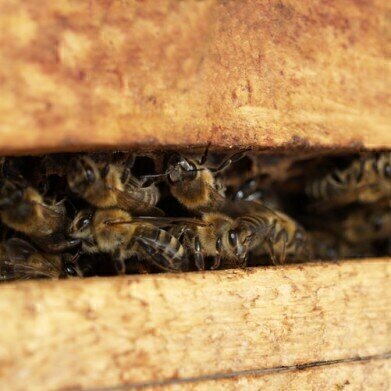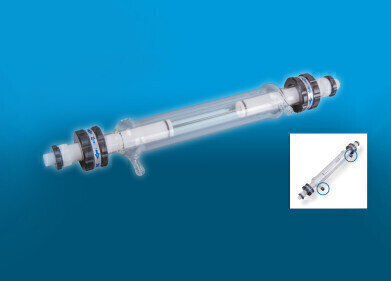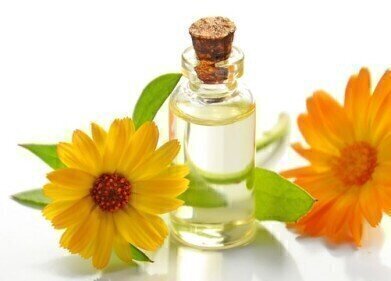LCxLC
Is Propolis the Key to Safe Natural Emulsion Products? - Chromatography Explores
Jul 01 2018
As consumers become more conscious of their health and the effect they can have on the environment they turn to natural and organic products. In a 2018 UK report, the Soil Association reported that the growth in the UK market for organic food and drink increased for the sixth year in a row, this time by 6% with total sales of £2.2 billion.
And it is not just food and drink products that are seeing an increase in sales. In 2017, the Soil Association reported that sales of health and beauty products increased by over 20% — with the UK market worth over £61 million. A recent paper published in the Saudi Pharmaceutical Journal — Effect of poplar-type propolis on oxidative stability and rheological properties of O/W emulsions — has investigated whether propolis can help to make natural beauty products stable.
Oil in water emulsions
As consumers become more aware of what is in the products they use, manufacturers are looking to formulate products with fewer synthetic raw materials. Many cosmetics — and foods — are classified as oil-in-water emulsions that contain an oil or lipid phase along with an aqueous phase. Think mayonnaise or moisturizer.
Natural oils like almond oil or wheatgerm oil are used in natural cosmetic formulations. Almond oil is used as moisturizers for facial care to treat dry skin and in lip balms, while wheatgerm oil is used in creams that can treat skin conditions including psoriasis and eczema. But the oil phases of emulsions can easily be oxidised due to reactions between oxidants produced in the manufacturing process and dissolved oxygen in the emulsions.
Just a bit of bee spit in your moisturizer
Synthetic chemicals including Butylhydroxyanisole (BHA) and butylhydroxytoluene (BHT) can be used as antioxidants in products containing oils — but there are natural alternatives. One such ingredient is propolis, and it comes from bees. Bees make propolis by combining the sap from evergreen tees with beeswax and bee saliva to make a sticky brownish product they use to protect their hives.
But propolis was used thousands of years ago for various medicinal uses — the Greeks used it to treat abscesses and the Assyrians fought infections in wounds with it. Could bees make our moisturizers more stable?
Propolis — another bee product
The work referenced above looked at whether propolis could prevent oxidation in almond oils used as the lipid phase in oil in water emulsions compared with BHA. The team used chromatography to analyse propolis extracts — chromatography is widely used to analyse natural products as discussed in the article, Blue Jacaranda Seed Oil Analysed Using Comprehensive Two Dimensional Liquid Chromatography with Quadruple Parallel Mass Spectrometry.
Their results suggest that propolis was a good antioxidant at certain concentrations and did not affect the rheological properties of the emulsions formed. Yet another example of the wonder of bees and their value to our lives.
Events
Analytica Anacon India & IndiaLabExpo
Apr 23 2025 Mumbai, India
Apr 27 2025 Portland, OR, USA
May 11 2025 Vienna, Austria
May 18 2025 Tempe. AZ, USA
May 21 2025 Birmingham, UK














